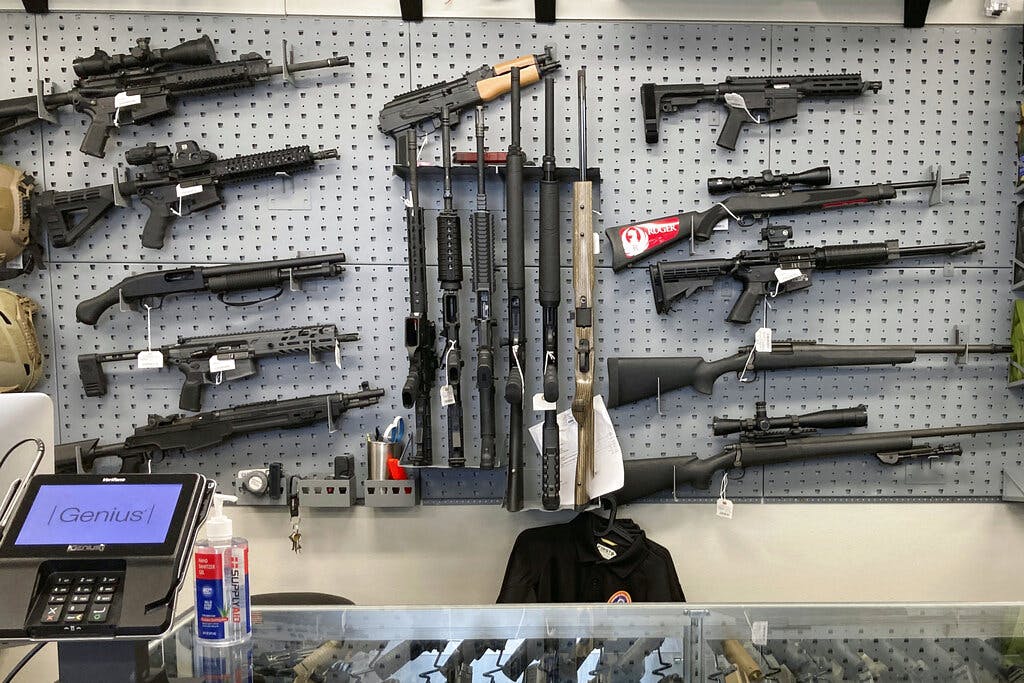
The United Nations — Lake Failure
By THE NEW YORK SUN
|‘Unless there is a massive collapse in American or Iranian private positions compared to what leaders and policymakers have been saying in public, Iran and the U.S. aren’t close to a deal,’ an Iran watcher tells the Sun.

Already have a subscription? Sign in to continue reading

By THE NEW YORK SUN
|
By CONRAD BLACK
|
By JOTAM CONFINO
|$0.01/day for 60 days
Cancel anytime
By continuing you agree to our Privacy Policy and Terms of Service.

By SHARON KEHNEMUI
|